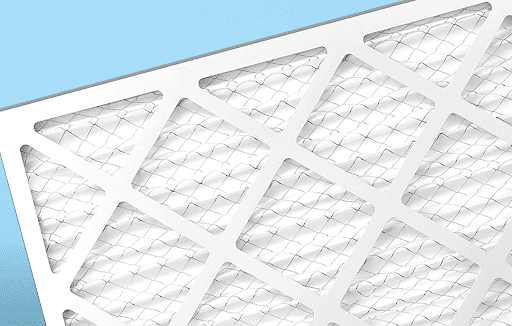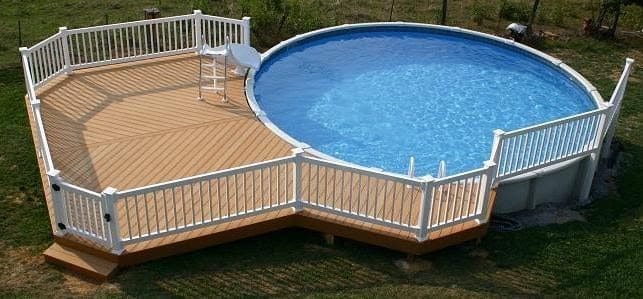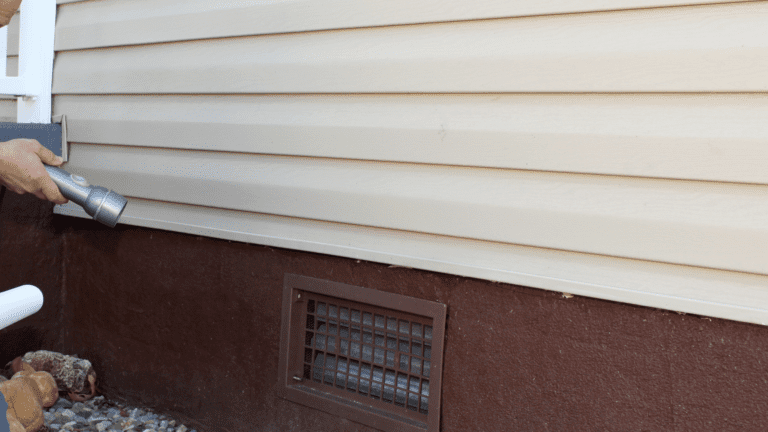The Merv Filter: The High-Tech Way to Breathe Healthy Air!

Introduction
The MERV filters are highly effective in capturing many airborne particles. Improving indoor air quality to a greater extent is the primary concern of the MERV filters. The MERV air filters ensure the best healthy breathing air for you. However, before updating the air filter, you must determine whether your HVAC system accommodates the MERV ratings. This content will detail the MERV filters with different ratings and working criteria.
The Differences Between Merv Rating Filters
Air conditioning engineers of America designed some rating scales for MERV filters which indicate the capabilities of the air filter. The rating scale of MERV filters provides a balance between the filtration of airborne particles and energy efficiency. The most common ranges of MERV ratings used in our day-to-day lives are:
- Mid to Lower MERV Ratings (8-11): These MERV ratings indicate the filter’s less restricted airflow. It is easy to clean. However, MERV filters with lower ratings can’t filter smaller particles, and the particles circulate in the air, which causes breathing difficulties. Besides, you may need costly repairs as more dust and dirt go into the HVAC system. Moreover, you can use the lower rating MERV filters for homes, smaller industrial workspaces, and commercial buildings.
- Higher MERV Ratings (13): Higher MERV ratings of the filter indicate a higher level of ventilation and a more powerful capacity to protect from air contaminants. Unlike the lower MERV ratings, it has more restricted airflow, leading to worse air quality. If you don’t know the requirements of the HVAC system, you may face damage to your air conditioning system. Besides, higher MERV rating filters need frequent cleaning or replacement. You are recommended to use them for high-maintenance buildings, bigger hospitals, or highly sanitized buildings. They are not recommended for homes.
The higher the MERV ratings, the more chances it has to capture the most dust and dirt, whereas the filters with lower MERV ratings can catch the least amount of airborne particles. The size of the microns is another consideration of the MERV ratings. As the MERV rating increases, it has more chances to catch smaller particles from indoor air. We recommend using Custom Filters Direct to buy air filters for your home. They have MERV 8, MERV 11, and MEV 13 air filters available in more than a hundred sizes.
What Is Better Between Merv 8 & Merv 13 for Residential Purpose?
For the best results to get rid of the airborne particles, you must choose the correct air filter as a house owner or businessperson. Many air conditioning engineers suggest MERV 11 as an effective filter model for residential uses, but it will be better to select MERV 13 air filters for your HVAC system. When it comes to air purification, select the highest MERV rating possible for your home.
MERV 8 air filters are not the best option to choose for residential purposes despite their popularity for their effectiveness in filtering out the air pollutants like dust mites, pollen, mold spores, debris, etc. MERV 13 HVAC filters can clean the air better and scrub bacteria. Remember, whatever rating you choose, know perfectly about your HVAC unit. You can choose higher MERV ratings if your house has too many contaminants. However, If the MERV rating is too high to be handled by the HVAC unit, it will damage the furnace system because the higher MERV ratings cause the system to work harder to do its job.
When to Change the MERV Filter?
Filters with higher MERV ratings need more frequent changes than those with lower MERV ratings. If you use higher MERV ratings with more restricted airflow, you must change it at least every three months to avoid damage or inefficient work of the filter. When the HVAC system of your house is not capable of handling a particular MERV rating, opt for another filter with the best suitable MERV rating.
Conclusion
Filter technology helps us enjoy the best air filter options for our homes, offices, or industries. We can choose the most effective air filter for the heating and cooling system. If you fail to determine which MERV rating is the best for your HVAC system, it will be better to comply with the instructions and recommendations given by the furnace filters. Or else, you can contact a residential air filter supplier from Custom Filters Direct to nail down the best specific MERV rating for your system.









